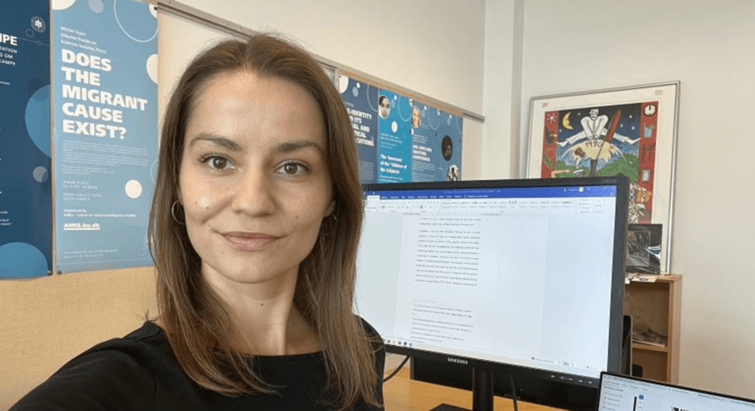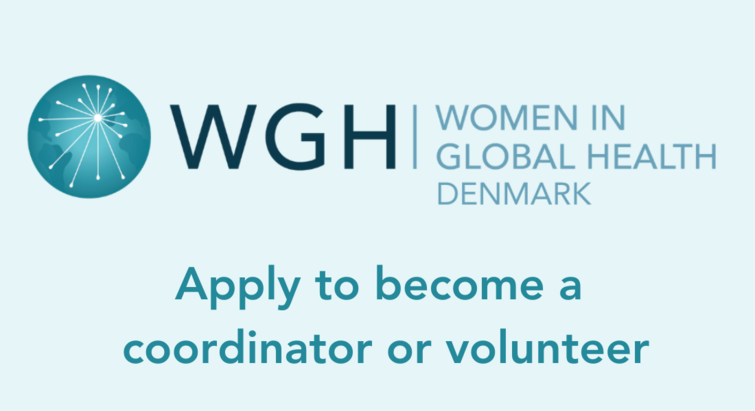
Combatting COVID-19: Lessons learned from around the world
More than six months have passed since the first COVID-19 patient was recorded, and some countries are almost fully opened again. So far, the focus has been on controlling the pandemic and finding solutions in tough times. But what have we learned from COVID-19 and how can we use this knowledge to improve our global collaboration and institutions? School of Global Health’s director, Professor Flemming Konradsen, unfold the different lessons learned from around the world and in Denmark regarding the identification and response to COVID-19.

Text: Oscar Milsted Karstad
The below perspectives were made by Flemming Konradsen on 29 May 2020 during the webinar “Combating COVID-19: The Chinese and Danish Perspectives”, organized by Fudan-European Centre for China Studies. Scroll down to see the full video of Flemming Konradsen’s perspectives or see the entire webinar on "The Chinese and Danish Perspectives"
Looking at the data from around the world, it seems quite apparent, that the countries with the political decision-making capacity, administrative ability, and socio-economic support structure to do a quick response seem to have done the best. They were very fast in taking action from the identification of the first case to a situation of partly or fully lockdown. The response time has been very different in different countries. For some countries, there was a natural trust in governments supporting a rapid lock-down process. In Eastern Europe, they were cautious not to place too much strain and challenge the capacity of their healthcare services. The lesson learned from this is that decision-making capacity, policymaking, and fast response rates seemed to contain COVID-19 in many places. However, the ability to sustain a lockdown is very different around the world, and it has many socio-economic implications telling people to stay at home, for example. For some people living under very crowded and poor conditions adhering to preventive guidelines is simply not possible.
An exclusive focus on the disease in question is not always a good idea. We should have known from previous epidemics and pandemics that if we only focus on the disease, then other parts of health services and sectors may break down. During other pandemics, we have seen that how the general health services have been placed under great pressure and negatively impacted upon the preventive programs. Unfortunately, this is what we see across the world also during the COVID-19 pandemic: Child immunization is reduced on the African continent and in Latin America and in Europe, we see people staying away from screening programs for cancer and cardiometabolic diseases. This needs our attention now and the months to come.
The acknowledgment and revitalization of the importance of basic hygiene often seem to return during epidemics and pandemics caused by infectious diseases. In many parts of the world, we are used to consuming a tablet, and then the problem is fixed but this is not the case with COVID-19. Therefore, we see a trend in acknowledging that health is often linked to basic personal hygiene, food hygiene, and food safety. You can argue that COVID-19 has been a wakeup call for many people and in Denmark, the enforcement of principles of hygiene is something we now have to live with at our institutions, homes, workplaces, and public transport.
COVID-19 has a wide range of implications for our health and economy, which crosses all administrative and national borders – leaving nobody untouched. Based on these observations from around the world, one can argue that the COVID-19 pandemic call for a mandate to support global institutions and international collaboration. Global collaboration is needed if we want to control and strengthen health care systems around the world, for humanitarian reasons, public health reasons, but also eco-centric reasons. It seems to be forgotten in mainstream media and policy, but global collaboration is the way to go if we want to succeed and overcome a crisis like this.
Combatting COVID-19: Lessons learned from around the world
Webinar: The Chinese and Danish Perspectives of Combatting COVID-19
News


Health data storage has a climate cost. In the future data may be stored in DNA

Waste products could innovate pharmaceutical material design

